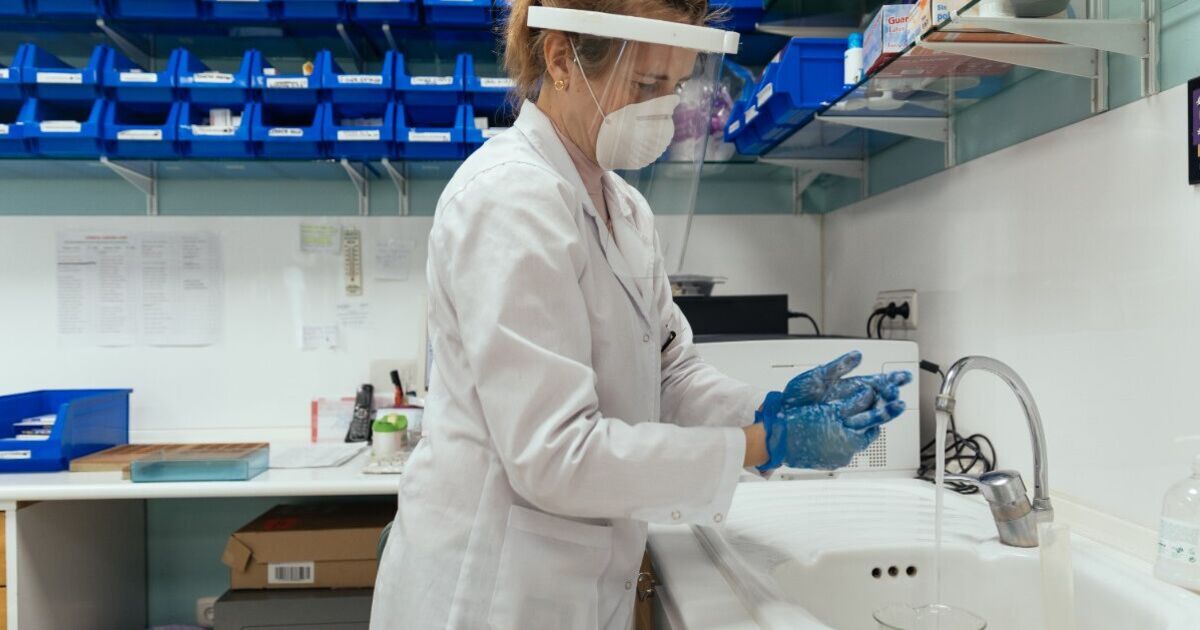

The World Health Organisation (WHO) has warned that wearing gloves alone will not stop the risk of deadly infections spreading. WHO, which is on constant alert for emerging global diseases, has seen fit to reinforce advice around the care of hands as the body parts which most commonly come into contact with sources of disease.
Marking World Hand Hygiene Day this week, WHO has sent out communications to governments, healthcare facilities, and frontline workers urging them to be vigilant and ensure people are washing their hands, as well as using glove protection. In a statement WHO said: "Hand hygiene is one of the most effective, affordable and universal tools we have to prevent the transmission of infections and provide high-quality, clean and safe medical care.
"While medical gloves serve a vital role in preventing transmission of infection, for example when there is risk of exposure to blood and body fluids, they are not a substitute for cleaning hands at the right time."
Dr Bruce Aylward, WHO Assistant Director-General, Universal Health Coverage, Life Course, added: "Medical gloves can reduce the risk of infection, but they are never a replacement for hand hygiene.
"On this World Hand Hygiene Day (May 5), let us double down on our commitment and action to improve hand hygiene in health care settings to ensure the safety of patients and healthcare workers."
According to WHO, investing in hand care can help the environment as well, by meaning less use of disposable gloves.
A statement continued: "An average university hospital in a developed country generates 1634 tonnes of health-care waste each year, which is equivalent to over 360 African elephants.
"Much of the waste could have been avoided if gloves were used properly and good hand hygiene was practiced. Most used gloves are considered infectious and require high-temperature incineration or specialised treatment, adding strain to already burdened waste management systems."
In a clarion call to governments and health agencies, WHO said "action was needed now", alongside the motto: "It might be gloves. It is always hand hygiene."
According to the NHS, you should wash your hands, after using the toilet or changing a nappy, before and after handling raw foods like meat and vegetables, before eating or handling food, after blowing your nose, sneezing or coughing, before and after treating a cut or wound, and after touching animals, including pets, their food and after cleaning their cages
The NHS website states: "Washing your hands properly removes dirt, viruses and bacteria to stop them spreading to other people and objects, which can spread illnesses such as food poisoning, flu or diarrhoea.
"It can help stop people picking up infections and spreading them to others. It can also help stop spreading infections when you're visiting someone in hospital or another healthcare setting."